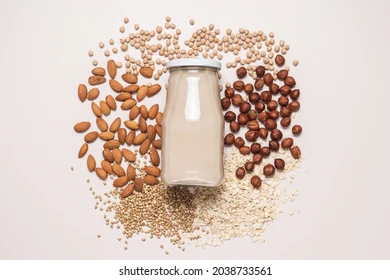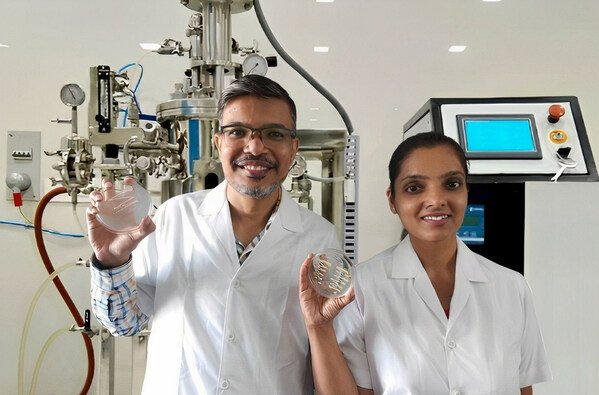The long road ahead for animal-free milk in India
The market for plant-based milk is still in its infancy and faces several challenges as it strives to compete with the well-established dairy industry. By addressing affordability concerns, fostering consumer education, and ensuring sustainable business practices, the plant-based milk industry can make significant strides towards meeting the evolving needs of Indian consumers.
Soy milk, almond milk, and oat milk are among the plant-based milks now available to Indian consumers, found on store shelves and café menus. In the developed market of the United States, plant-based milk accounted for 15 per cent of total retail milk dollar sales by 2020. Reports suggest that Indian consumers, like their Western counterparts, are increasingly incorporating products from this category into their diets as alternatives to dairy products from animals.
The report further states that the dairy industry in India has grown by 12 per cent over the past five years, with value-added products playing a significant role in this expansion. However, despite being relatively new, plant-based dairy is gaining popularity worldwide including among Indian consumers. The popularity of plant-based milks is experiencing encouraging growth in India. Plant-based dairy in India is projected to develop at a compound annual growth rate (CAGR) of 20.7 per cent, reaching $63.9 million by 2024, compared to the estimated $140 billion market size of animal-derived dairy.
Sustainability
The traditional dairy sector in India heavily relies on cow farming, which demands significant space, water, and food resources. Unfortunately, this practice contributes to deforestation, greenhouse gas emissions, and water pollution, particularly in industrial-scale dairy farms. Moreover the use of antibiotics and hormones in conventional dairy farming can have unintended consequences for the environment.
In contrast, plant-based milk alternatives such as soy milk, almond milk, and oat milk offer greener alternatives to cow’s milk. These plant-based options have a smaller ecological footprint, requiring less water and land resources while generating fewer greenhouse gases. Unlike conventional dairy farming, the production of plant-based milk production does not contribute to the destruction of natural habitats or water contamination.
Expanding on the subject, Parini Kapadia, Founder & Chief Scientific Officer, Zero Cow Factory, stated, “Sohil and I founded Zero Cow Factory because we saw a need to address issues related to climate change, animal welfare, and protein deficiency in developing nations like India.”
She further explained, “Proteins produced through precision fermentation are identical to animal-sourced proteins, particularly dairy proteins on a molecular, chemical, and technological level. They have the same amino acid profile as the protein sequence found in bovines, but we synthesise them manually in a laboratory. So, they have the same flavour and consistency, but are produced using a different method.”
To read more click: https://agrospectrumindia.com/e-magazine
The market for plant-based milk is still


